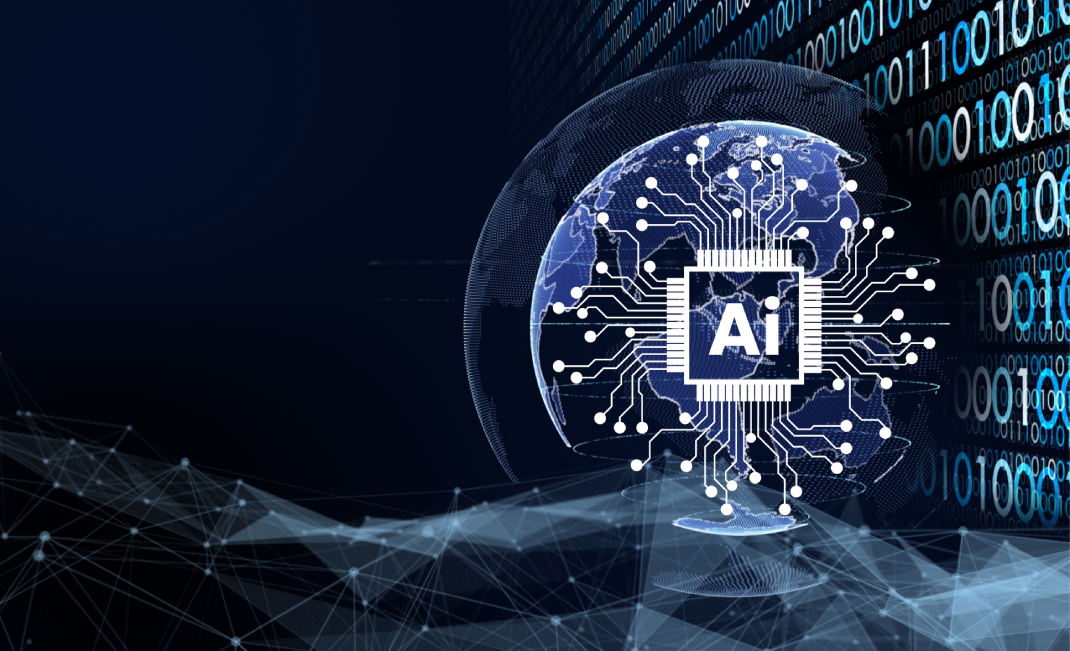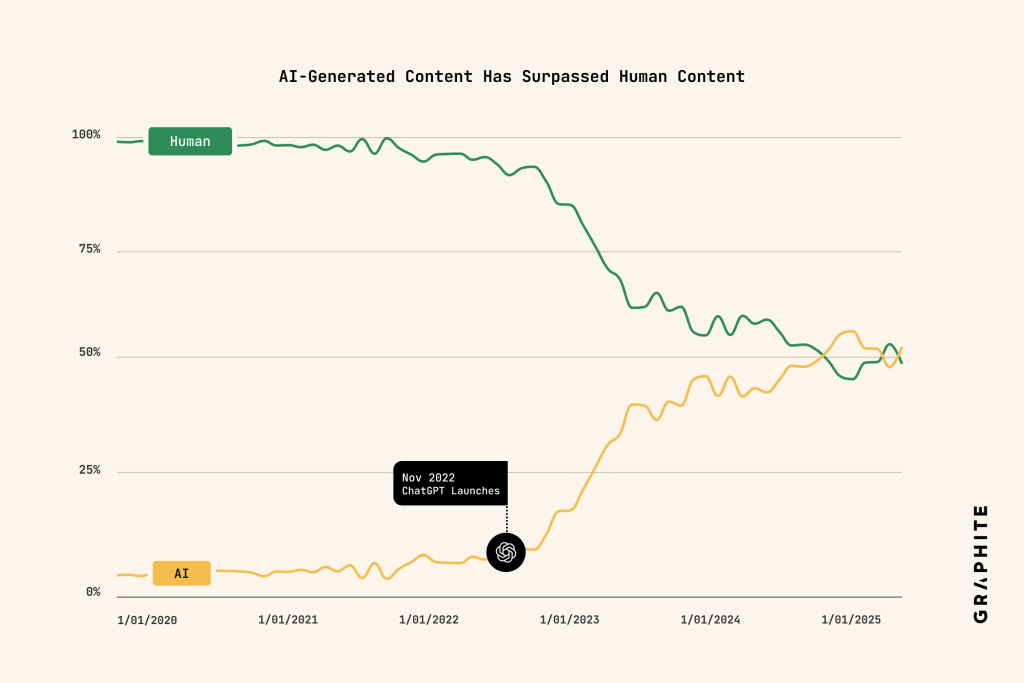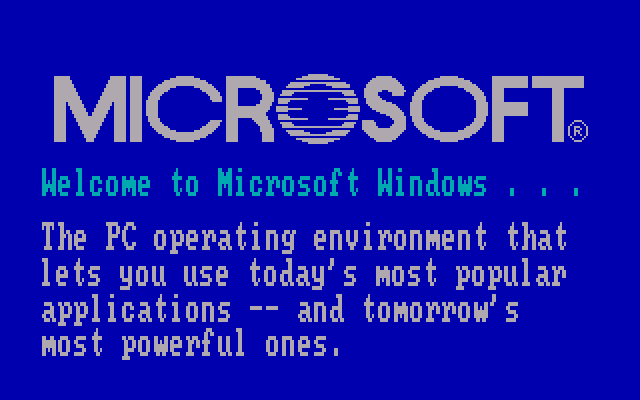
In 2025 more than half of online articles are AI generated
Artificial intelligence (AI) has profoundly transformed the digital content industry. While just a few years ago, automatically generated texts seemed artificial and easily recognizable, today their quality rivals, and sometimes even surpasses, content written by humans. According to a study published by Graphite.io in 2025, the volume of AI-generated articles surpassed the volume of manually written articles by November 2024. This moment marks a historic shift in the way online content is produced. It also raises crucial questions about the future of digital marketing, SEO, and journalism.
The evolution of AI-generated content
The launch of ChatGPT in November 2022 was a turning point for the entire industry. In less than 12 months, almost 40% of articles published on the web were already generated by AI. This accelerated growth was due to the accessibility of automatic generation tools. They allow for the rapid writing of coherent, well-structured and keyword-optimized content.
However, the study shows that the growth rate has stabilized over the past year. After the initial explosion, the share of AI-created articles has remained relatively constant. One possible explanation, according to the researchers, is the low performance of these articles in Google search results. Search engines, increasingly attentive to the quality and originality of text, seem to favor content written or edited by humans.
How the research was conducted
Graphite.io’s analysis was based on a sample of 65,000 randomly selected articles from the Common Crawl database, one of the largest public web archives. All articles were written in English, with a minimum length of 100 words, and published between January 2020 and May 2025.
To determine whether an article was generated by AI, the researchers used the SurferSEO AI Detector detection algorithm, applied to 500-word segments. If more than 50% of an article’s content was considered to be AI-generated, it was classified as such.
To validate accuracy, the study evaluated :
- False positive rate : Only 4.2% of articles clearly written by humans (published before the launch of ChatGPT) were misidentified as being generated by AI.
- False negative rate : only 0.6% of articles written by GPT-4o were incorrectly classified as human.
These results suggest a high level of accuracy in automatic detection, providing a solid basis for the report’s conclusions.

What this change means for publishers and SEO specialists
The fact that more articles are now created by AI than by humans doesn’t necessarily mean a victory for automation, but rather an evolution of the content creation process. More and more professionals are taking a hybrid approach: AI for quick sketches and documentation, and human intervention for refinement, creativity, and personalization.
This trend has direct implications for SEO optimization:
- Quality remains essential. Search engines penalize content generated solely automatically, especially if it is repetitive or lacks real value for the user.
- Originality and human expertise become competitive advantages. Articles that combine human analysis with AI efficiency tend to perform better in SERPs.
- Transparency matters. Some brands are starting to explicitly mention the use of AI in content creation to maintain audience trust.
Study limitations
The report acknowledges that it did not analyze AI-assisted articles, that is, those texts in which humans use artificial intelligence only as a starting point. It is very likely that the real percentage of AI-influenced content is even higher than reported.
Also, the accuracy of detection may vary depending on the model used. The study focused on articles generated by GPT-4o, but there are numerous other models (Claude, Gemini, Mistral, etc.) whose linguistic signatures may be different.
AI – the main author of the internet
In just two years, AI has become the leading author of the internet. While the proportion of automatically generated articles appears to have stabilized, the impact of this shift is profound and irreversible.
For digital marketers and SEOs, the key to success in 2025 won’t be choosing between human content and AI. It’s about intelligently integrating it. Content that combines the accuracy of AI data with human empathy and creativity will dominate search results and continue to gain reader trust.
Source: graphite.io









